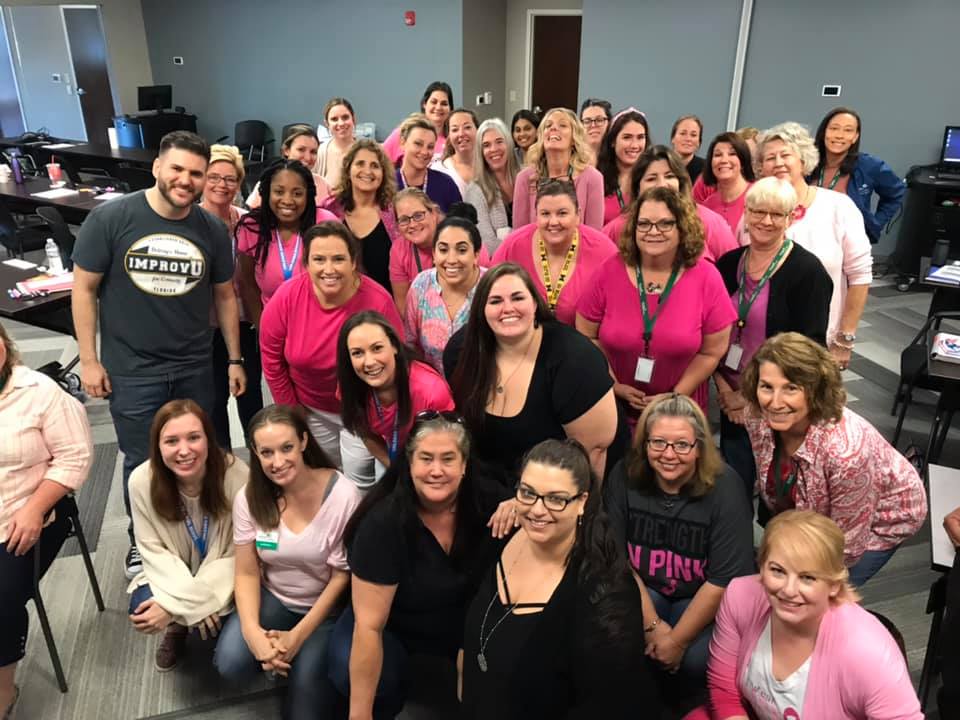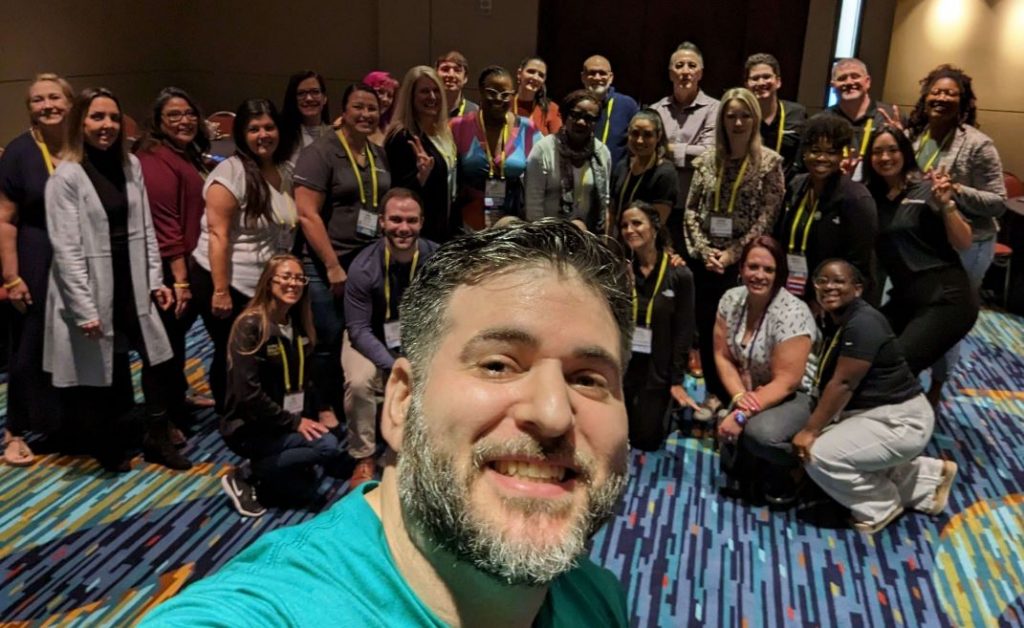Public speaking is an essential skill for anyone looking to make an impact in their personal or professional life. From delivering presentations at work to giving a toast at a wedding, effective public speaking can help you convey your message, engage your audience, and achieve your goals. In this blog post, we’ll cover 9 key elements of effective public speaking, from dressing appropriately to creating a slide deck.
By understanding and mastering these elements, you can become a confident and engaging public speaker who can captivate any audience. Whether you’re just starting out or looking to improve your existing skills, these tips and techniques will help you take your public speaking to the next level. So, let’s dive in and explore the essential elements of effective public speaking!
9 Essentials of Public Speaking
Appearance
Dress Appropriately
Dressing appropriately is an essential aspect of public speaking that can make a significant impact on your audience. Wearing the right outfit can help you convey a professional image, boost your confidence, and make a positive first impression. Your clothing choice should reflect the occasion and your personal style, while also considering factors such as comfort and practicality. Whether you opt for formal attire or casual wear, ensure that you are dressed appropriately for the occasion and feel comfortable in your outfit.
Good Posture
Good posture is crucial for effective public speaking. Standing up straight and maintaining good posture can help you project confidence, engage your audience, and convey authority. Poor posture can make you appear nervous, disengaged, and unprofessional. To improve your posture, practice standing with your feet shoulder-width apart, keep your shoulders back and your chin level, and avoid slouching or hunching over.
Eye Contact
Maintaining eye contact with your audience is a powerful tool for connecting with them and conveying confidence. Looking at your audience while speaking can help you establish trust, build rapport, and demonstrate your authority. Avoiding eye contact, on the other hand, can make you appear unconfident, disengaged, and uninterested in your audience. To improve your eye contact, practice looking at your audience members for a few seconds at a time while speaking, and avoid looking down or around the room.
Good Volume
Speaking at the right volume is essential for ensuring that your audience can hear and understand your message. Speaking too softly can make it difficult for your audience to hear you, while speaking too loudly can be overwhelming and distracting. To improve your volume, practice speaking at different volumes and asking for feedback from others. Pay attention to your audience’s reactions and adjust your volume as necessary.
Actions
Move on Stage
Moving on stage can help you engage your audience and keep them focused on your message. Standing in one place for too long can be monotonous and boring, while moving around can help you maintain your audience’s attention and emphasize important points. To improve your movement, practice walking around your practice space while speaking and identify areas where you can move on stage during your speech.
Use Their Body and Hands
Using your body and hands can help you emphasize your message and make your speech more engaging. Gesturing while speaking can help you convey emotion, emphasize important points, and keep your audience focused on your message. To improve your use of body and hands, practice using gestures that are appropriate to your message and practice in front of a mirror or with a friend to get feedback.
Sound
Clear Enunciation
Clear enunciation is crucial for ensuring that your audience can understand your message. Pronouncing your words clearly and articulating your message can help you convey your ideas effectively and engage your audience. To improve your enunciation, practice speaking slowly and clearly, and pay attention to your pronunciation of difficult words.
Use of Silence
Using silence can be a powerful tool for public speaking. Pausing at the right moment can help you emphasize an important point, convey emotion, and give your audience time to reflect on your message. To use silence to your advantage, practice incorporating pauses into your speech and identify areas where silence can be used to enhance your message.
Pacing
Speaking at the right pace is essential for ensuring that your audience can follow your message and stay engaged. Speaking too quickly can be overwhelming, while speaking too slowly can be boring. To improve your pacing, practice speaking at a comfortable pace and use pauses and changes in tone to emphasize important points.
Get started with Essentials for Public Speaking
Anthony’s programs are available online or in person, as a class or private coaching. So get started by learning more, see our public speaking progam or contact us today.





